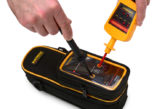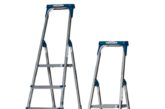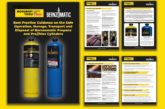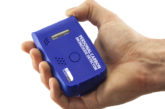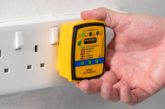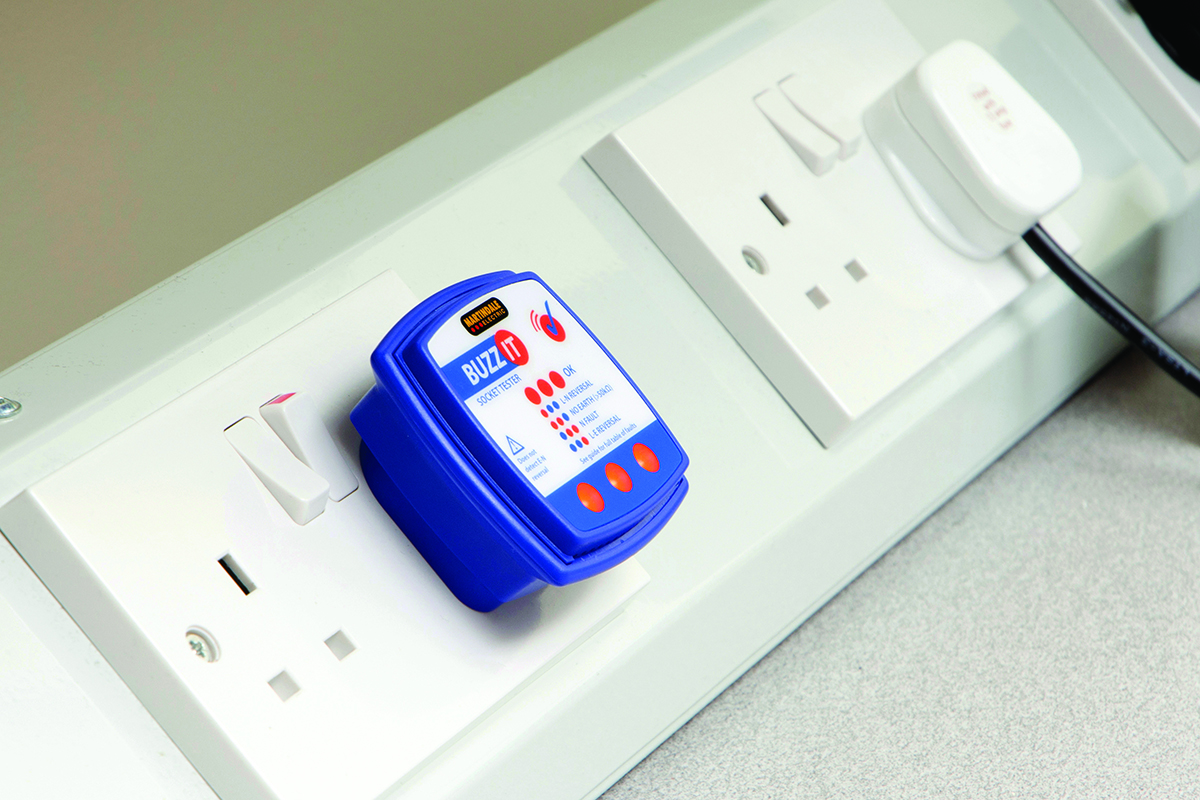
Steve Dunning, Managing Director of Martindale Electric, explains how socket testers can keep plumbing and heating installers safe when working with or around electricity.
As a heating and plumbing engineer, you may be installing bathrooms, showers or heating appliances, such as boilers and heat pumps, that require working with – or around – electricity. By taking basic steps, you can ensure yourself and your colleagues mitigate any risks posed by faulty electrical work and remain safe. Your basic first line of defence, is a socket tester.
Socket testers can identify potentially unsafe conditions before any work is carried out on existing installations, or before connecting new appliances. They can be used to identify socket outlets which require a more detailed assessment as part of periodic inspection and testing.
All socket testers check the earth, live and neutral is the right way around. Some offer added features – they may include a buzzer in addition to LEDs to indicate a good socket or they may show a combination of indicators to identify which particular fault type is present.
Earth loop impedance
There are three main categories of socket testers, simple, advanced and professional. The key differentiator with more advanced socket testers is in the ability to measure and display either ranges or numerical values for earth loop impedance.
A reliable earth loop impedance measurement is important to ensure that current protection devices achieve a fast enough disconnection time to avoid electrocution. In the case of an earth fault, loop impedance values must be less than those specified in the BS7671 Wiring Regulations. Advanced and professional socket testers will also indicate the quality of the earth connection. For detection of cross polarity at the incoming supply, specialist socket testers are required.
Fuse finder
Many heating and plumbing installers may only ever need a simple socket tester. With the added benefit of an audible sounder to confirm that the wiring is correct, the Martindale BZ101 is the ideal choice for checking sockets that are not easily visible or in difficult to access locations. In addition, with the audible indication, the BZ101 can also be used as a basic fuse finder. When the correct fuse is pulled, the buzzer stops.
The CP501 classic check plug, meanwhile, is a quick and easy way to ensure that 13A sockets are correctly wired. Featuring three bright long life LEDs, wiring faults are indicated by one of the LEDs failing to illuminate, with the pattern of lit LEDs indicating the type of fault detected. This fail-safe system means that any LED not lit indicates a fault. The fault condition can be easily identified from the list of most common faults clearly displayed on the front of the label.
Commercial & industrial
For installers working in commercial and industrial environments, the Martindale CP201 is an industrial version of our classic check plug. Fitted with a 250V 16A plug, which meets BS 4343 / IEC309 standards, the CP201 (like many other Martindale socket testers) can identify 28 fault conditions. Wiring faults are instantly indicated by one or more of the LEDs failing to illuminate, with the pattern of lit LEDs indicating the type of fault detected.
For checking industrial sockets on 100V centre tapped circuits, the CP301, which is fitted with a distinctive yellow 110V 16A plug (also to BS 4343 / IEC309), uses three bright LEDs to provide fail-safe fault indication. Furthermore, fault indications include Line 1, Line 2 and centre tap faults, plus Line 1 or 2 centre tap reversal. The CP201 is also available as a 32A version.
Socket testers remain a must have for any tool kit and can act as the first indicator of a fault, but they are no alternative to full verification of wiring installations. For that, it is necessary to follow the inspection and testing procedures set out in Part 6 of BS 7671, and you need a full set of test instruments which comply with the relevant parts of BS EN 61557, typically with a multifunction electrical tester such as Martindale ET4000.


